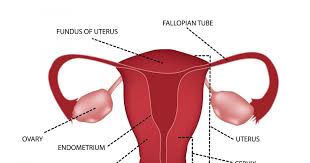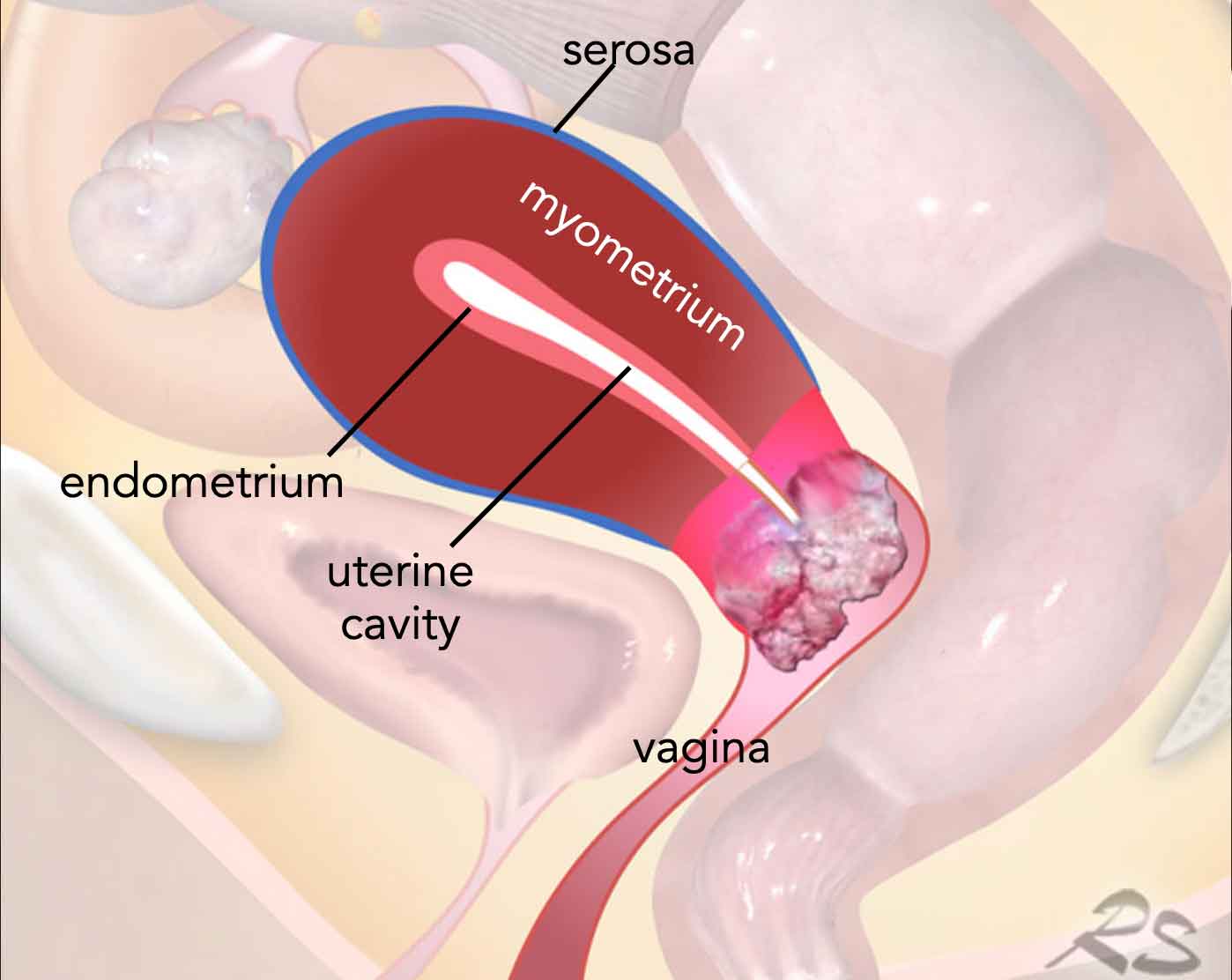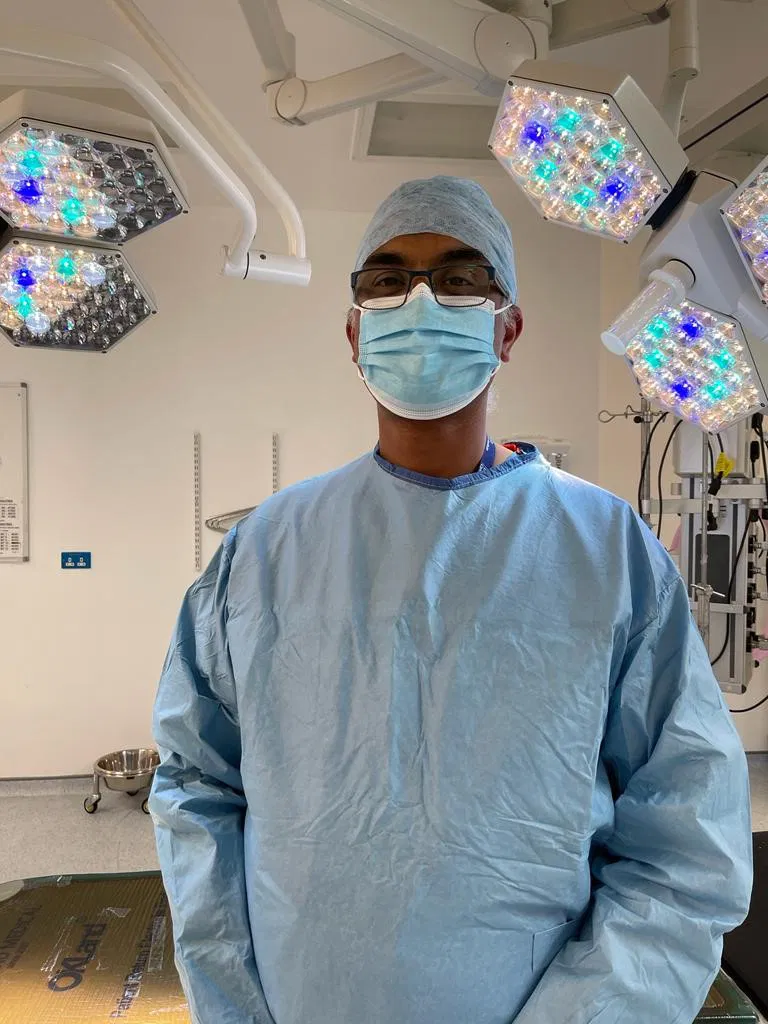Ovary Cancer is a serious condition that begins in the ovaries, the female reproductive organs responsible for producing eggs. Dr. Saurabh Phadnis, a leading oncologist in London, provides expert insights into the symptoms, causes, and diagnosis of this condition.

Ovary Cancer refers to the uncontrolled growth of abnormal cells in one or both ovaries. It is one of the most common types of gynaecological cancer, though it is often diagnosed at an advanced stage due to its subtle symptoms.
The three main types of Ovary Cancer are:
While the exact cause of Ovary Cancer remains unclear, certain factors such as genetics, family history, and hormonal influences can increase the risk.

Common symptoms include:


While the exact cause of Ovary Cancer is unknown, certain risk factors may increase the likelihood of developing the condition:
Although not all risk factors can be controlled, maintaining a healthy weight, avoiding prolonged use of hormone replacement therapy, and staying physically active can help reduce the risk of Ovary Cancer.


The process typically includes:
A pelvic exam allows the doctor to feel the ovaries for any abnormal growths or tenderness.
CA-125: A blood test measuring the level of CA-125, a protein often elevated in Ovary Cancer patients. However, elevated CA-125 can also be present in other conditions, so it’s not definitive on its own.
A biopsy involves taking a tissue sample from the ovaries to check for cancer cells under a microscope. This is typically done if a tumour is detected.
If there is a family history of Ovary Cancer or other cancers, genetic testing may be recommended to check for mutations in genes like BRCA1 or BRCA2.
Early detection of Ovary Cancer increases the chances of successful treatment. Since symptoms can be subtle and often mistaken for other conditions, many women are diagnosed at a later stage.
However, regular check upscreening and being aware of changes in your body can help detect the disease early.
For women at high risk of Ovary Cancer—such as those with a family history or known genetic mutations—regular check upscreenings may be recommended. This may include pelvic exams, ultrasounds, and blood tests to monitor for any abnormalities.


Dr. Saurabh Phadnis is a highly experienced oncologist specialising in the diagnosis and treatment of Ovary Cancer.
Based in London, Dr. Phadnis uses the latest diagnostic tools and techniques to ensure an accurate diagnosis. His approach combines expert knowledge with compassionate care, ensuring that every patient receives personalised attention and support.
Alongside diagnosis, Dr. Phadnis provides ongoing support and guidance, helping patients navigate the emotional and psychological aspects of cancer diagnosis.
Ovary Cancer is a serious condition, but with early detection, the chances of successful treatment and long-term survival improve significantly.
Dr. Saurabh Phadnis provides expert care in London, offering accurate diagnoses and comprehensive support for women facing Ovary Cancer.

If you’re concerned about Ovary Cancer , private consultations are available with Dr. Saurabh Phadnis, leading Gynaecologist, Oncologist, Surgeon, and Co-Lead Colposcopist based in London; specialising in gynaecological cancer. You can visit his clinic or call directly to book an appointment and receive expert care, advice, and personalised treatment.
The common symptoms include abdominal or pelvic pain, bloating, difficulty eating, unexplained weight loss or gain, and frequent urination. If these symptoms persist, it’s important to consult a healthcare provider.
Diagnosis typically involves a pelvic exam, imaging tests (ultrasound, CT scan, MRI), blood tests (such as CA-125), and sometimes a biopsy to confirm cancer.
Risk factors include age, family history of cancer, inherited genetic mutations (such as BRCA1 or BRCA2), and hormonal factors like the use of hormone replacement therapy.
While not all risk factors are preventable, maintaining a healthy lifestyle, undergoing regular check-ups, and being aware of the symptoms can help with early detection.
The cost of diagnosis varies depending on the tests required. Dr. Phadnis provides transparent pricing during initial consultations to ensure you understand the costs involved.
Specialising in the field of gynaecological cancer, covering the entire spectrum from diagnosis to treatment and post-treatment care.